University of Cologne
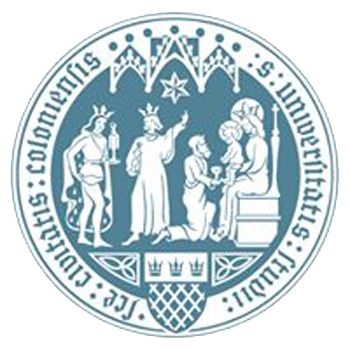
Founded: 1388
Address: Albertus Magnus Platz - Cologne, Germany
Phone: +49221 4700
Address: Albertus Magnus Platz - Cologne, Germany
Phone: +49221 4700
Here you find out University of Cologne complete information about fees, location, degree University of Cologne offers, number, website, and much more. University of Cologne is a leading university in Cologne - Germany.
You can also find out jobs at University of Cologne for students, teachers, and professors. We also update the database for an internship at University of Cologne for students.
Since its establishment in 1388, the University of Cologne has been a center of science and scholarship in Europe. Today, it is one of the leading German research universities. We offer our students an exceptionally broad and diverse subject base and encourage them to follow their own academic interests. This allows them to develop both intellectually and personally. We are firmly committed to ...the advancement of human knowledge through basic research, but with an eye to transfer and application in the real word.
The University of Cologne’s six Faculties are the institutional framework for its research activities. The Faculties offer a total of 102 degree programmes and support 10 cross-Faculty research and teaching centres. Moreover, the UoC has several large, internationally competitive research areas: mechanisms of aging-associated diseases; plant breeding research; quantum matter and materials; social and economic behaviour; socio-economic, cultural, and political change in Africa, Latin America, and Southeast Asia.
The University of Cologne closely cooperates with Cologne University Hospital as well as numerous renowned research institutions of the Max Planck Society and the Helmholtz Association in the Cologne metropolitan area. Knowledge transfer and support for start-ups is particularly important to the university. The COPT Center for Organic Electronics supports the transfer of state-of-the-art research to the world of business. The incubator Gateway helps members of the university put their business ideas into practice. The high density of enterprises in the region creates the perfect environment for these efforts to succeed. Early-stage researchers find ideal conditions for their work in the university’s 45 graduate schools and programmes.
The Faculty of Management, Economics and Social Sciences combines theoretical groundwork with applied, practice-oriented research in order to deliver on its mission ‘Innovation for Society’. The Faculty currently has six key research profile areas: Design & Behaviour: Behavioural Economics; Behavioural Management Science; Digital Transformation; Demography and Social Inequality; Markets and Governments; and Value and Risk. These areas are organized as interdisciplinary research units that combine individual excellence and collaborative research. Collaboration with non-university institutes and the service of Faculty members on advisory boards of German federal ministries foster strong links between theory and practice.
One hallmark of the Faculty of Law is the high diversification of its institutes, allowing for modern and intensive research in nearly all legal fields. It has five focus areas in research that are connected by various overarching questions: International and European Law, International Private Law, and International Criminal Law; Economics, Labour, Health, Social Matters, and Taxes; Media, Communication, and Intellectual Property; Citizenship and Statehood; and the Foundations of Law. All of the Faculty’s research addresses not only aspects of national law, but also comparative and international questions. The Faculty conducts fundamental as well as practice-oriented research and fosters exchange with other academic disciplines and with different social actors. This allows it to recognize tendencies of great societal relevance which might lead to legal challenges in the future. The Faculty of Law thus fosters and supports the application and further development of law not only in legal practice, but also in policy-making and society as a whole.
The research focus area on “Tumor biology, infection and immunity” focuses on the molecular mechanisms of defence against tumors and microorganisms. Moreover, it addresses fundamen-tal questions of cancer biology such as the role of DNA damage response, cancer immunity, and the microenvironment.
The research focus area on “Homeostatic principles in metabolism and tissue regeneration” aims at unravelling the molecular principles that control metabolic signaling and cellular interactions in tissue maintenance, repair, and aging. It addresses central mechanisms that underlie metabolic disorders and altered cellular communication causal to tissue degeneration.
The research focus area on “Neuromodulation” investigates the function and dysfunction of synapses, neurons, and neuronal networks in order to develop a comprehensive understanding based on the molecular and systems level of the underpinnings of neurological and psychiatric disease. Ultimately, the focus lies on developing novel preventive and therapeutic strategies for the treatment of neurological and psychiatric diseases.
The Faculty has particular strengths in translational research. The Cluster of Excellence Cellular Stress Responses in Aging-Associated Diseases (CECAD), which is supported by the Faculty of Mathematics and Natural Sciences and the Faculty of Medicine, investigates the causes of aging and age-associated disorders. CECAD links basic research and the application of new findings, pioneering new approaches for clinical research. Further interdisciplinary research institutions at the Faculty of Medicine include the interdisciplinary Center for Molecular Medicine Cologne (CMMC), the Cologne Center for Genomics (CCG), and the Center for Integrated Oncology (CIO). As a core facility, the Clinical Trials Centre Cologne (CTCC) supports the translational research approach of the Faculty of Medicine.
The research profile of the Faculty of Arts and Humanities is very broad, ranging from African studies, pre- and early history to visual arts. With almost 15,000 students, it is the largest Faculty of the University of Cologne. Early on, students and early-stage researchers become acquainted with state-of-the-art research and interdisciplinary approaches. The a.r.t.e.s. Graduate School for the Humanities Cologne, which is funded by the European Union, facilitates their entry into an academic career.
Researchers at the Faculty of Arts and Humanities have won important research prizes as well as extensive funding, demonstrating that the Faculty is among the top institutions in the arts and humanities in the country. In 2016, Professor Anne Storch (African studies) was awarded the Leibniz Prize, Germany’s most important research prize; Sven Bernecker (philosophy) was appointed Humboldt Professor, and a new Collaborative Research Center, ‘Prominence in Language’ (linguistics), has been established and is being funded by the German Research Foundation (DFG). The North-Rhine Westphalian Academy of Sciences, Humanities and the Arts is moreover supporting a long-term project in medieval philosophy on the Arabic philosopher Averroes (Ibn Rushd). Behind these recent successes are established, internationally renowned research institutes such as the Thomas Institute in medieval philosophy, which is unique in and well-known across Europe, the Morphomata Center for Advanced Studies, which is funded by the German Federal Ministry of Education and Research, the Husserl Archive, the Documentation and Research Centre of the Theatre Collection at Wahn Castle, or the Ethics Forum. With the Cologne Center for eHumanities (CCeH) and the Data Center for the Humanities (DCH), the digital humanities have moreover emerged as a major component of the Faculty’s research profile.
You can also find out jobs at University of Cologne for students, teachers, and professors. We also update the database for an internship at University of Cologne for students.
Since its establishment in 1388, the University of Cologne has been a center of science and scholarship in Europe. Today, it is one of the leading German research universities. We offer our students an exceptionally broad and diverse subject base and encourage them to follow their own academic interests. This allows them to develop both intellectually and personally. We are firmly committed to ...the advancement of human knowledge through basic research, but with an eye to transfer and application in the real word.
The University of Cologne’s six Faculties are the institutional framework for its research activities. The Faculties offer a total of 102 degree programmes and support 10 cross-Faculty research and teaching centres. Moreover, the UoC has several large, internationally competitive research areas: mechanisms of aging-associated diseases; plant breeding research; quantum matter and materials; social and economic behaviour; socio-economic, cultural, and political change in Africa, Latin America, and Southeast Asia.
The University of Cologne closely cooperates with Cologne University Hospital as well as numerous renowned research institutions of the Max Planck Society and the Helmholtz Association in the Cologne metropolitan area. Knowledge transfer and support for start-ups is particularly important to the university. The COPT Center for Organic Electronics supports the transfer of state-of-the-art research to the world of business. The incubator Gateway helps members of the university put their business ideas into practice. The high density of enterprises in the region creates the perfect environment for these efforts to succeed. Early-stage researchers find ideal conditions for their work in the university’s 45 graduate schools and programmes.
The Faculty of Management, Economics and Social Sciences combines theoretical groundwork with applied, practice-oriented research in order to deliver on its mission ‘Innovation for Society’. The Faculty currently has six key research profile areas: Design & Behaviour: Behavioural Economics; Behavioural Management Science; Digital Transformation; Demography and Social Inequality; Markets and Governments; and Value and Risk. These areas are organized as interdisciplinary research units that combine individual excellence and collaborative research. Collaboration with non-university institutes and the service of Faculty members on advisory boards of German federal ministries foster strong links between theory and practice.
One hallmark of the Faculty of Law is the high diversification of its institutes, allowing for modern and intensive research in nearly all legal fields. It has five focus areas in research that are connected by various overarching questions: International and European Law, International Private Law, and International Criminal Law; Economics, Labour, Health, Social Matters, and Taxes; Media, Communication, and Intellectual Property; Citizenship and Statehood; and the Foundations of Law. All of the Faculty’s research addresses not only aspects of national law, but also comparative and international questions. The Faculty conducts fundamental as well as practice-oriented research and fosters exchange with other academic disciplines and with different social actors. This allows it to recognize tendencies of great societal relevance which might lead to legal challenges in the future. The Faculty of Law thus fosters and supports the application and further development of law not only in legal practice, but also in policy-making and society as a whole.
The research focus area on “Tumor biology, infection and immunity” focuses on the molecular mechanisms of defence against tumors and microorganisms. Moreover, it addresses fundamen-tal questions of cancer biology such as the role of DNA damage response, cancer immunity, and the microenvironment.
The research focus area on “Homeostatic principles in metabolism and tissue regeneration” aims at unravelling the molecular principles that control metabolic signaling and cellular interactions in tissue maintenance, repair, and aging. It addresses central mechanisms that underlie metabolic disorders and altered cellular communication causal to tissue degeneration.
The research focus area on “Neuromodulation” investigates the function and dysfunction of synapses, neurons, and neuronal networks in order to develop a comprehensive understanding based on the molecular and systems level of the underpinnings of neurological and psychiatric disease. Ultimately, the focus lies on developing novel preventive and therapeutic strategies for the treatment of neurological and psychiatric diseases.
The Faculty has particular strengths in translational research. The Cluster of Excellence Cellular Stress Responses in Aging-Associated Diseases (CECAD), which is supported by the Faculty of Mathematics and Natural Sciences and the Faculty of Medicine, investigates the causes of aging and age-associated disorders. CECAD links basic research and the application of new findings, pioneering new approaches for clinical research. Further interdisciplinary research institutions at the Faculty of Medicine include the interdisciplinary Center for Molecular Medicine Cologne (CMMC), the Cologne Center for Genomics (CCG), and the Center for Integrated Oncology (CIO). As a core facility, the Clinical Trials Centre Cologne (CTCC) supports the translational research approach of the Faculty of Medicine.
The research profile of the Faculty of Arts and Humanities is very broad, ranging from African studies, pre- and early history to visual arts. With almost 15,000 students, it is the largest Faculty of the University of Cologne. Early on, students and early-stage researchers become acquainted with state-of-the-art research and interdisciplinary approaches. The a.r.t.e.s. Graduate School for the Humanities Cologne, which is funded by the European Union, facilitates their entry into an academic career.
Researchers at the Faculty of Arts and Humanities have won important research prizes as well as extensive funding, demonstrating that the Faculty is among the top institutions in the arts and humanities in the country. In 2016, Professor Anne Storch (African studies) was awarded the Leibniz Prize, Germany’s most important research prize; Sven Bernecker (philosophy) was appointed Humboldt Professor, and a new Collaborative Research Center, ‘Prominence in Language’ (linguistics), has been established and is being funded by the German Research Foundation (DFG). The North-Rhine Westphalian Academy of Sciences, Humanities and the Arts is moreover supporting a long-term project in medieval philosophy on the Arabic philosopher Averroes (Ibn Rushd). Behind these recent successes are established, internationally renowned research institutes such as the Thomas Institute in medieval philosophy, which is unique in and well-known across Europe, the Morphomata Center for Advanced Studies, which is funded by the German Federal Ministry of Education and Research, the Husserl Archive, the Documentation and Research Centre of the Theatre Collection at Wahn Castle, or the Ethics Forum. With the Cologne Center for eHumanities (CCeH) and the Data Center for the Humanities (DCH), the digital humanities have moreover emerged as a major component of the Faculty’s research profile.
Read More
Details:
LeaderShip: Rector: Axel Freimuth
Fees:
Time:
Phone Number: +49221 4700
City: Cologne
Fees:
Time:
Phone Number: +49221 4700
City: Cologne
Timing:
Country: Germany
Staff: 4863
Website: http://www.portal.uni-koeln.de
Country: Germany
Staff: 4863
Website: http://www.portal.uni-koeln.de
Subjects:
Jobs in University of Cologne
Currently, there is no job opening in University of Cologne as per our database.

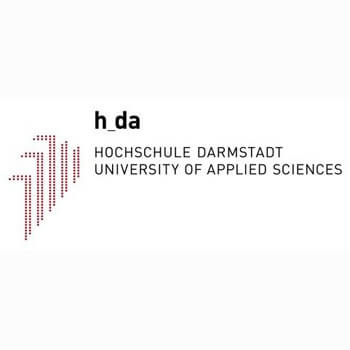
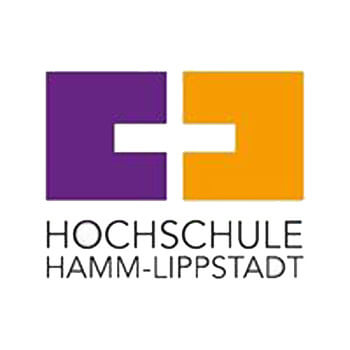
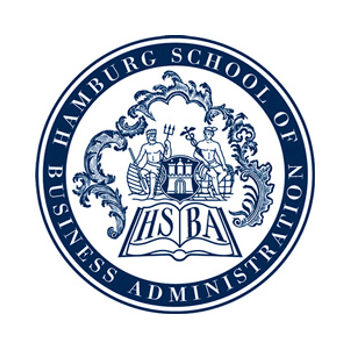
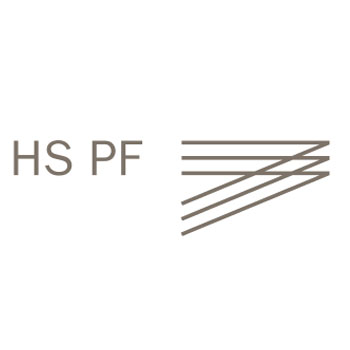
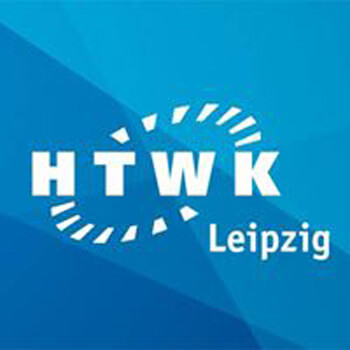
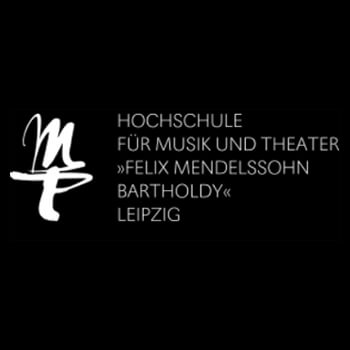
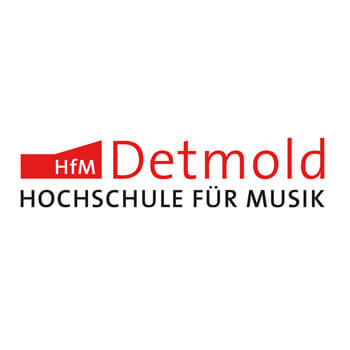
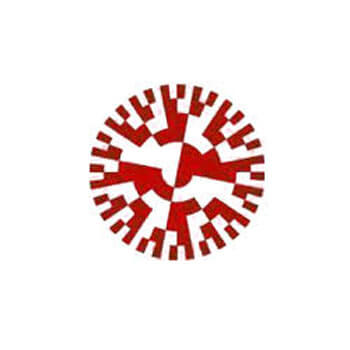




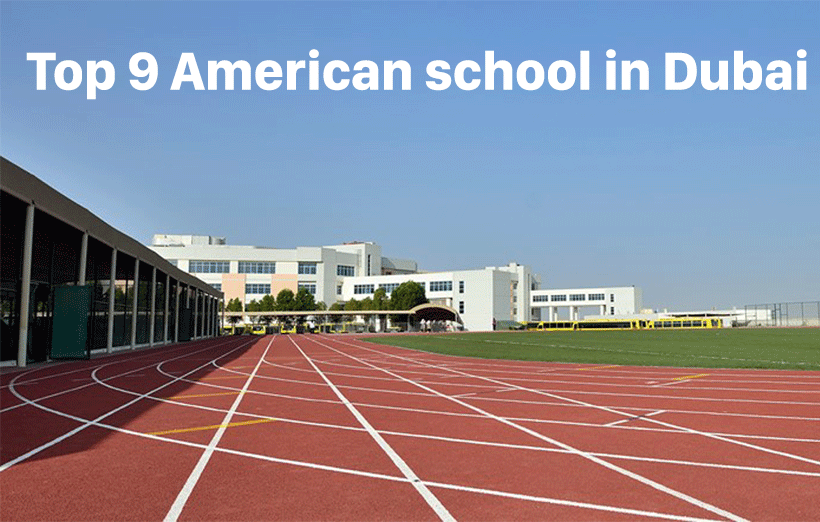




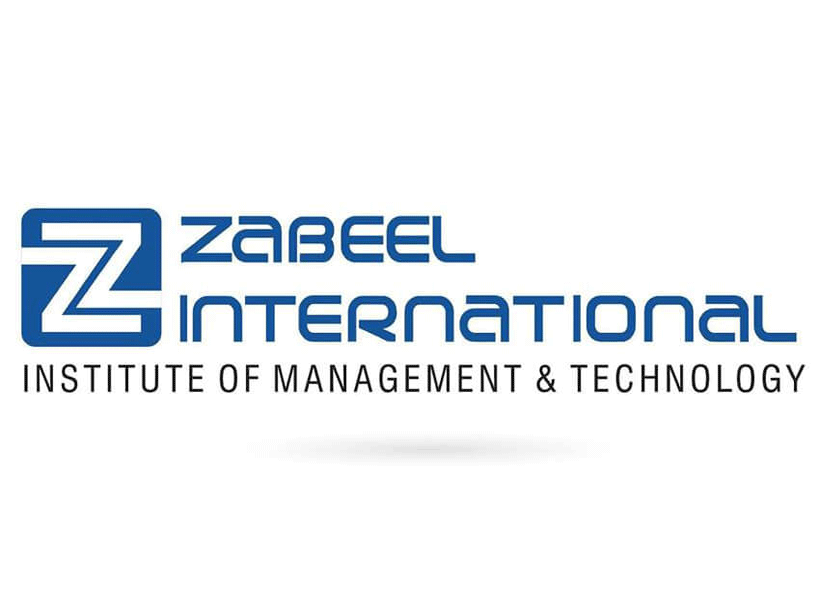
Leave a Reply